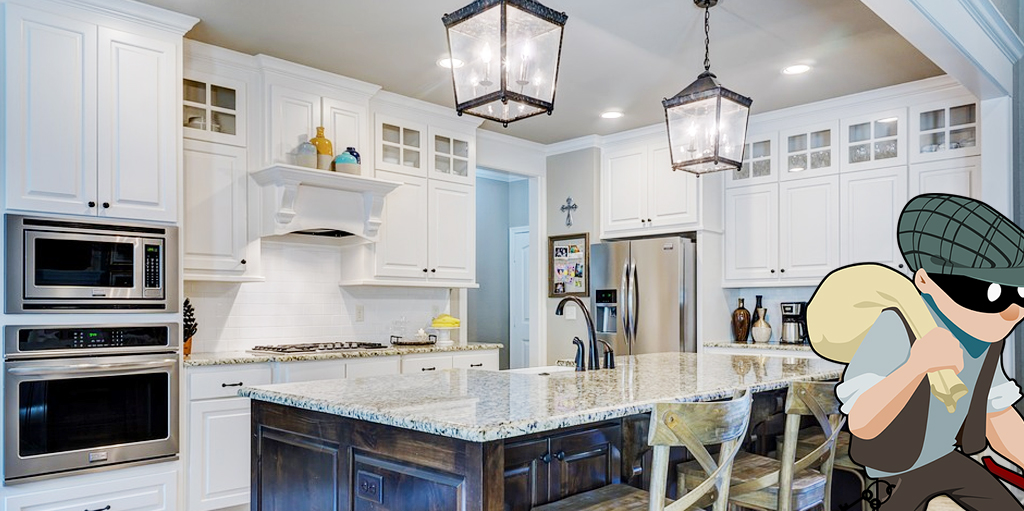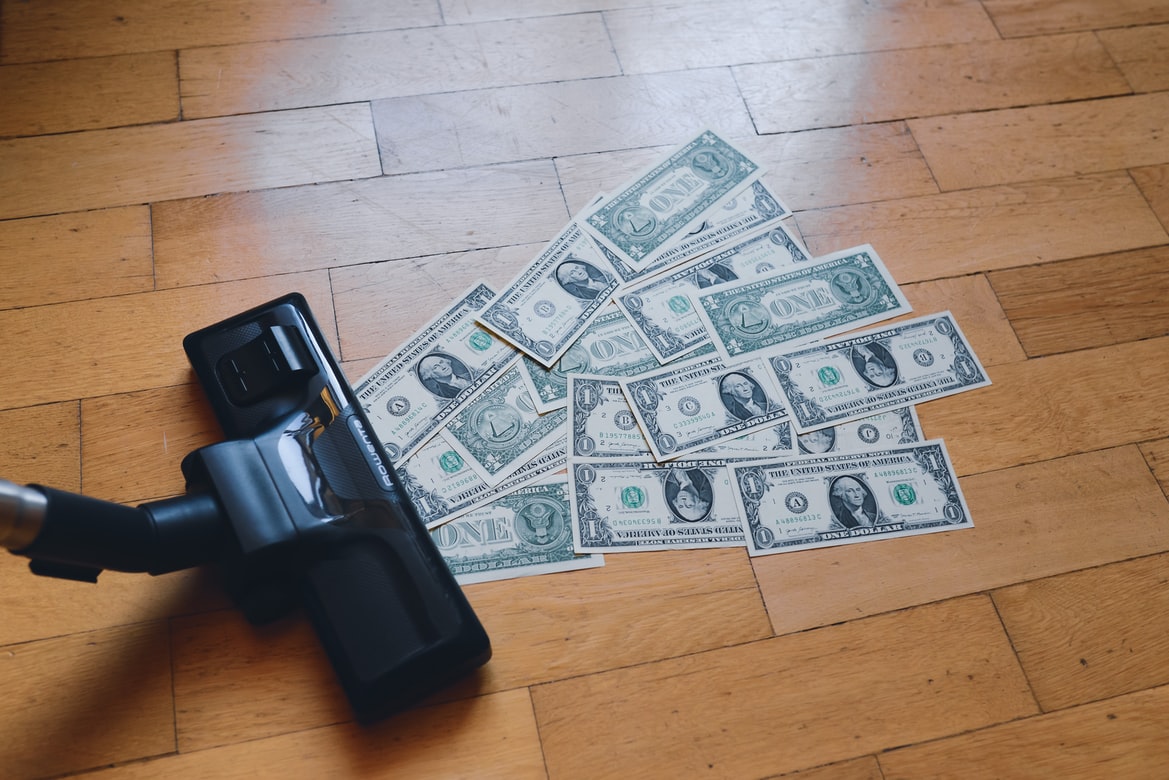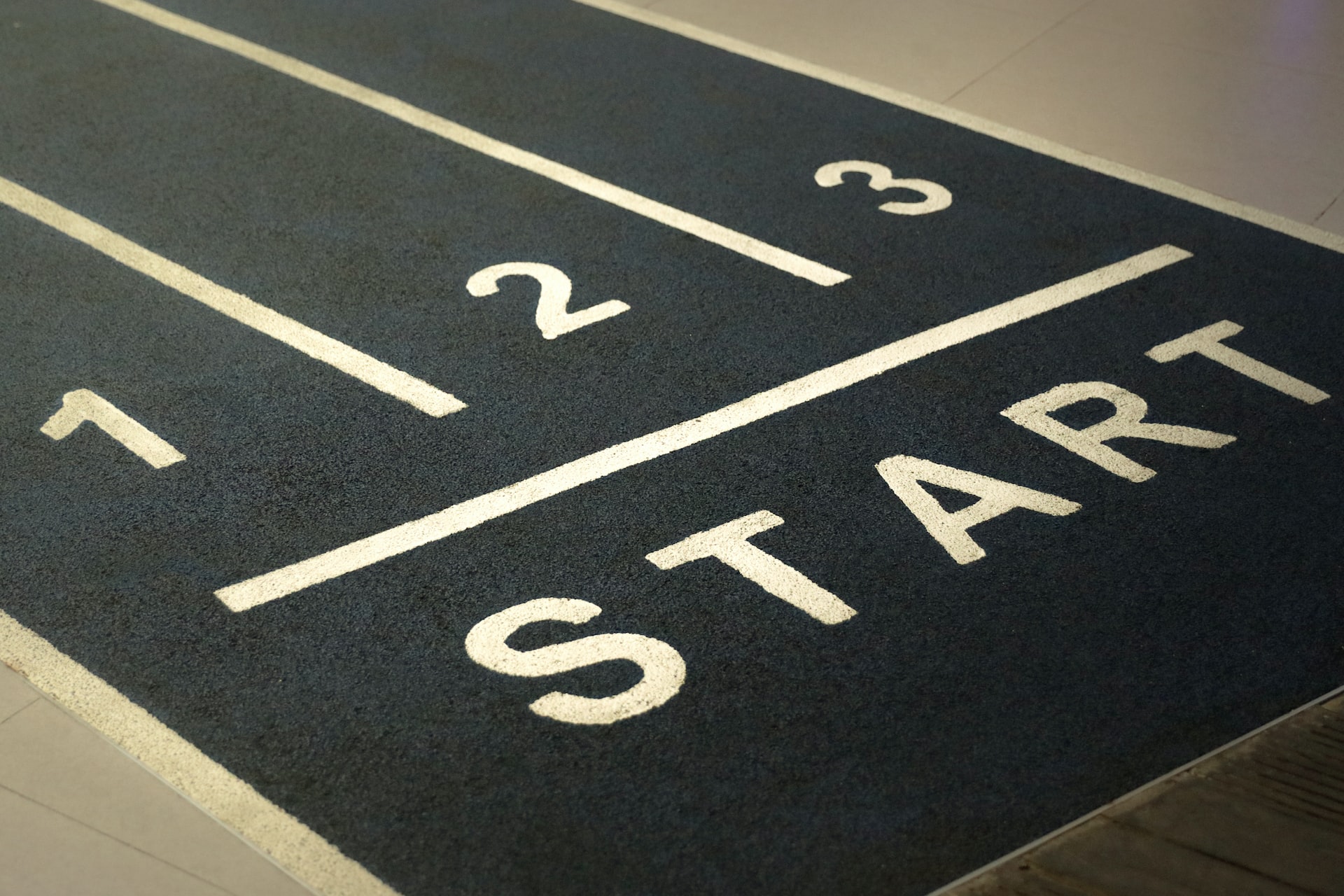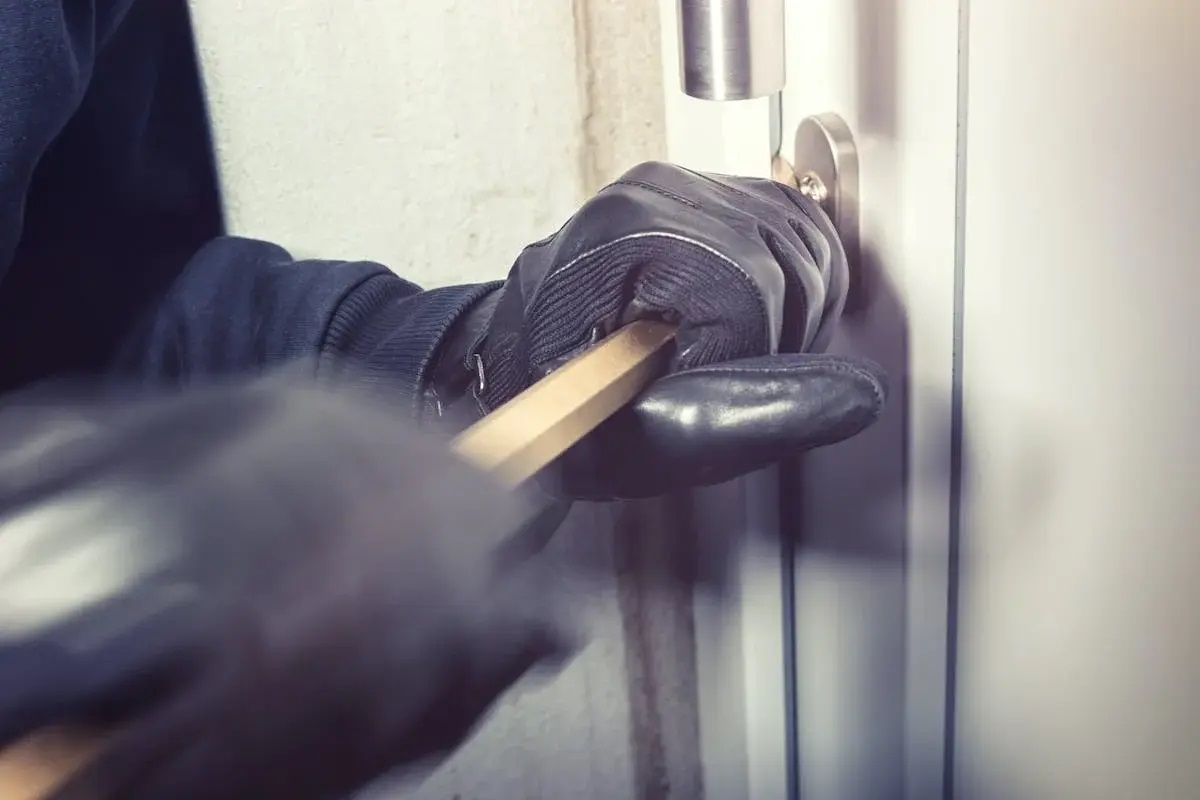
What do you do when sellers abscond with the fixtures?
___
Published Date 7/17/2019
"It was ours. So we took it." That's the kind of reasoning some home sellers use when they move on. We're not talking about merely removing light bulbs and doggie doors, however. We are talking light fixtures, doorknobs, cabinet handles and worse.
"From trying to limit the ways a buyer can pay for the home to walking off with chandeliers, drapes and other items that are supposed to go with the house, sellers do (intentionally and unintentionally) dozens of things that really drive buyers nuts," says BankRate's Dana Dratch. This sets up the kind of bad feelings, and misunderstandings agents hate, but it's a reality of buying and selling nonetheless.
Thing is, when the new buyers arrive at their new place of residence, they expect to reasonably find everything they had seen when they made their offer to purchase. Everything, that is, except the furniture.
"The sellers took the lightbulbs," says one buyer in a recent realtor.com article. "They also took the batteries from the smoke detector, the knobs from the bathroom faucet, the curtains, and all the toilet paper. They even pried a clock out of the wall." Writer Wendy Helfenbaum reports that this buyer isn't the only new homeowner to find strange things taken from the properties they have just moved into. On various social media sites, buyers have reported missing closet rods, door stoppers, and showerheads.
So what's fair? Most purchase agreements spell out and have all parties initial a paragraph that specifies that all things "affixed" (attached to) the home when the buyers see the home are included in the sales price. There is a huge difference between fixtures and personal property. "Chattels or personal property include anything movable," says one Realtor in the article. "Buyers are legally entitled to receive all of the home fixtures as they appeared when the offer to purchase was made—so if a funky entryway light was there when you visited the house, it should still be there when you move in (unless you've negotiated otherwise)."
Therein lies the distinction. Many Realtors who have experienced nightmares we have described here take no chances and write it all out in the contract. "The classic one is drapery," says the same Realtor. "That's chattel, but the brackets are fixtures, so decide in advance who's getting the set." She advocates being very specific about what stays and what goes so there are no misunderstandings. And those buyers who buy model homes should be extra careful, spelling out just what the builder takes as well as what it leaves behind. Most builders will leave all affixed items. However, they may also leave a few decorator pieces they don't intend to re-use. Get it all in writing. What if the seller just takes what they think is still theirs and leaves? You do have recourse. You can ask that it all be put back. Even if the seller informed their buyer they were going to take their grandma's antique chandelier, they should agree to replace it with something or offer a credit in escrow for a new one. But to have buyers unexpectedly move in to find wires hanging from the ceiling is unacceptable. These days it's not unusual for buyers' agents to specify that if the seller plans to take any affixed item to not only disclose it, but to replace it with something.
Why do these things happen to begin with? Is it merely a case of miserly sellers, or is there more on the face of this? Often there are bitter feelings involved — some that having nothing to do with the seller. Divorce makes for testy, strange behavior. A recent death, forcing someone to sell and move may find them hanging on to everything that reminded them of their loved one.
And then there is the stuff that is really difficult — seller spite because they didn't get the kind of sales price they expected. Perhaps the seller had to move because of finances, or they bought high and sold low, forcing them to take money to close. It can get ugly. "Why on earth would sellers bother to remove toilet paper holders, doorknobs, or switch plates?," says the Realtor in the article. "When that kind of thing happens, it usually means you had a bad deal; somebody thinks they've been ripped off," she says.
Avoiding things like this from happening takes thought and proactivity, including taking photos during visits, describing all inclusions in the offer to purchase, and being respectful and reasonable during the negotiating process. While most closings go smoothly, it might be wise to do more than one walk-through with your agent, with the final one happening after the home is completely vacant just to be sure everything's in order.
The opposite result can happen as well, however. Without specifying it in the purchase agreement, some sellers just leave things behind they'd rather not move. That can mean a boon or a bust to the seller, who may or may not want that pool table or old upright piano. When you see large, difficult-to-move items in the home you are about to buy, and they're not your idea of treasure, it's not a bad idea to specify that you want that item gone.
Source: BankRate, Realtor, TBWS
All information furnished has been forwarded to you and is provided by thetbwsgroup only for informational purposes. Forecasting shall be considered as events which may be expected but not guaranteed. Neither the forwarding party and/or company nor thetbwsgroup assume any responsibility to any person who relies on information or forecasting contained in this report and disclaims all liability in respect to decisions or actions, or lack thereof based on any or all of the contents of this report.


Vadim Bogdanov
NMLS: 234616
Utmost Pro, Inc
4500 Park Granada Blvd Suite 202, Calabasas CA 91302
Company NMLS: 1516640
Office: 844-488-6678
Cell: 818-208-7772
Email: info@utmostpro.com
Web: http://UtmostPro.com

Vadim Bogdanov
___
NMLS: 234616
Cell: 818-208-7772
Last articles
___

Don’t be surprised if your lender wants to know why you took time off work
3/15/2024
You got the money together. Your credit score is admirable. And you now know the... view more

March Empire State Manufacturing Index fails to meet expectations
3/15/2024
Inflation just won’t cooperate, continuing to increase. This week CPI and yester... view more

Fun stuff? Outdoor trends for spring 2024
3/14/2024
Now that our Daylight Savings Time hangover is finally abating, let’s talk about... view more

Markets under heavy pressure due to high Producer Price Index
3/14/2024
Headline Feb Producer Price Index (PPI) was DOUBLE market expectations, up 0.6% ... view more

Perks and realities of living in a mobile home
3/13/2024
When Reese Witherspoon’s character in the movie Sweet Home Alabama hears Candice... view more

Markets start the day with little volatility
3/13/2024
Yesterday in reaction to the slightly higher inflation reported on the February ... view more

Realtors and lenders offer insight into the purchase of a ‘unique’ home
3/12/2024
That geodesic dome you see along the edge of the freeway or the house shaped lik... view more

Markets under pressure due to Consumer Price Index
3/12/2024
February Headline Consumer Price Index (CPI) grew at a MOM pace of 0.4% versus ... view more
Load more
 Utmost Pro, Inc
Utmost Pro, Inc






























